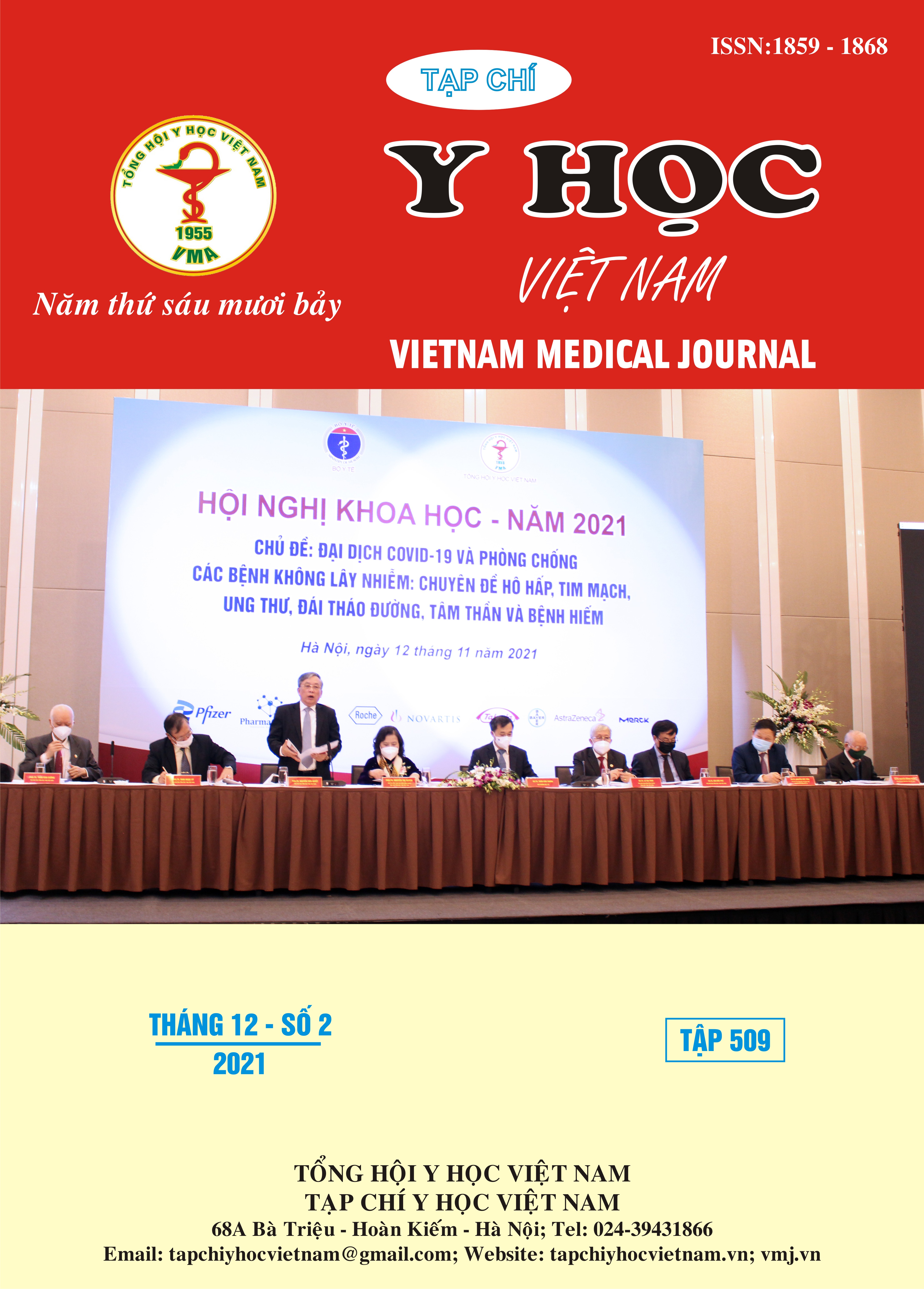PERSISTENT CEREBROSPINAL FLUID RHINORRHOEA FOLLOWING MISDIAGNOSIS OF MALIGNANT TUMOR - A CASE REPORT
Main Article Content
Abstract
A 40-year-old female patient presented with recurrent cerebrospinal fluid (CSF) rhinorrhoea following an endoscopic sinus surgery (ESS). The patient underwent four further unsuccessful CSF leak repairs. In the case of persistent CSF rhinorrhoea that was uncorrelated with the previously known cause, there could be unrecognized factors. The patient was then diagnosed with moderately differentiated squamous cell carcinoma of nasal cavity. Treatment was conducted by a combination of endoscopic resection of the tumor and anterior skull base reconstruction surgery. The defect was reconstructed with a multilayered technique using 2 pedicled flaps. Postsurgical radiotherapy was then performed. At follow-up, recurrent CSF leak did not occur. Therefore, in case of persistent CSF rhinorrhoea following an ESS, it is necessary to identify underlying causes. Performing a modified technique of skull base reconstruction is an option to successfully manage such cases.
Article Details
Keywords
recurrent cerebrospinal fluid rhinorrhoea, persistent cerebrospinal fluid rhinorrhoea, large skull base defects, multilayered reconstruction technique using 2 pedicled flaps
References
2. Hegazy Hassan M, Carrau Ricardo L, Snyderman Carl H, Kassam Amin, Zweig Julie %J The Laryngoscope (2000), Transnasal endoscopic repair of cerebrospinal fluid rhinorrhea: a meta‐analysis. 110 (7), 1166-1172.
3. Kim-Orden Natalie, Shen Jasper, Or Maya, Hur Kevin, Zada Gabriel, Wrobel Bozena %J Allergy, Rhinology (2019), Endoscopic endonasal repair of spontaneous cerebrospinal fluid leaks using multilayer composite graft and vascularized pedicled nasoseptal flap technique. 10, 2152656719888622.
4. Zlab Mark K, Moore Gary F, Daly David T, Yonkers Anthony J %J Ear, nose, journal throat (1992), Cerebrospinal fluid rhinorrhea: a review of the literature. 71 (7), 314-317.


